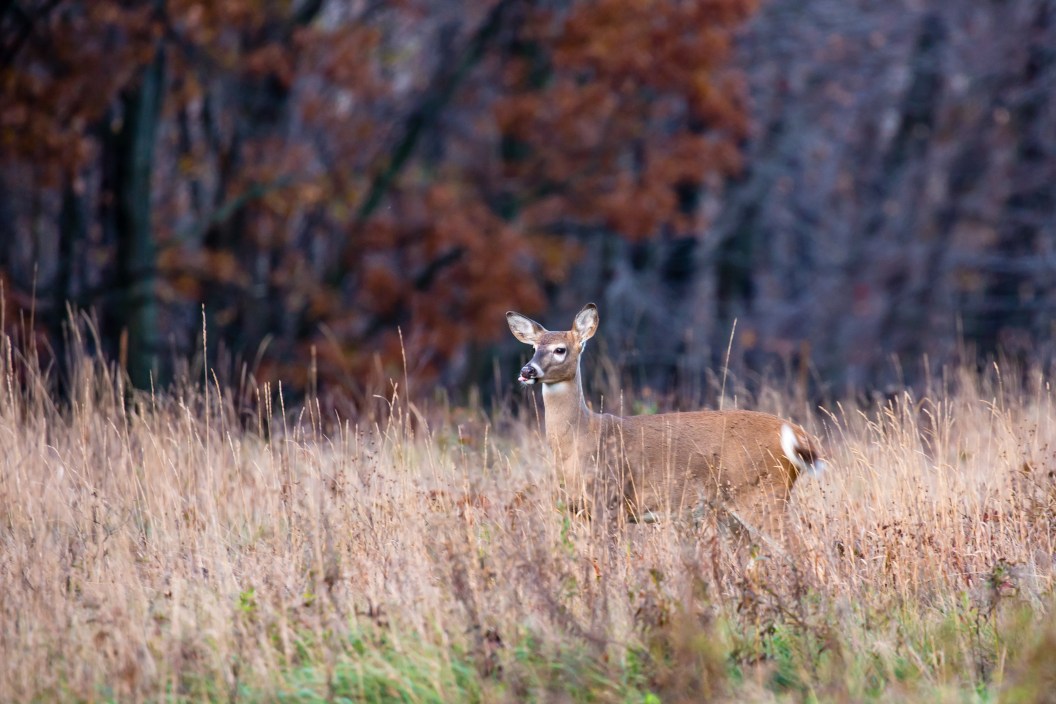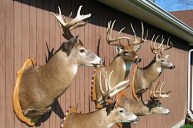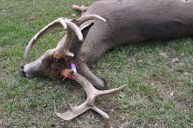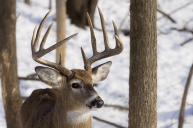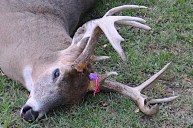It may be the season for holiday cheer, but for those living in the Great Lake State, the Michigan hunting season is still well underway. This is good news for those Michigan deer hunters who may have unfilled tags and an empty freezer staring them down. Who doesn't love a fresh venison tenderloin for Christmas dinner?
Michigan deer hunters still have a few chances to nab a late-season animal. Michigan's muzzleloading deer season runs in early December, and archery season runs the entire month. For those of us who prefer regular firearms, however, there's also a late doe season at the end of December. (Technically, it's a late antlerless season, but really what we're all targeting are does.)
We've put together a quick guide on the late doe season for Michigan hunters who still have a full set of tags and aren't into bowhunting or muzzleloaders. Enjoy some respite this holiday season with a trip to the woods, and fill your freezer with a fresh Michigan doe.
What Is the Late Antlerless Season in Michigan?
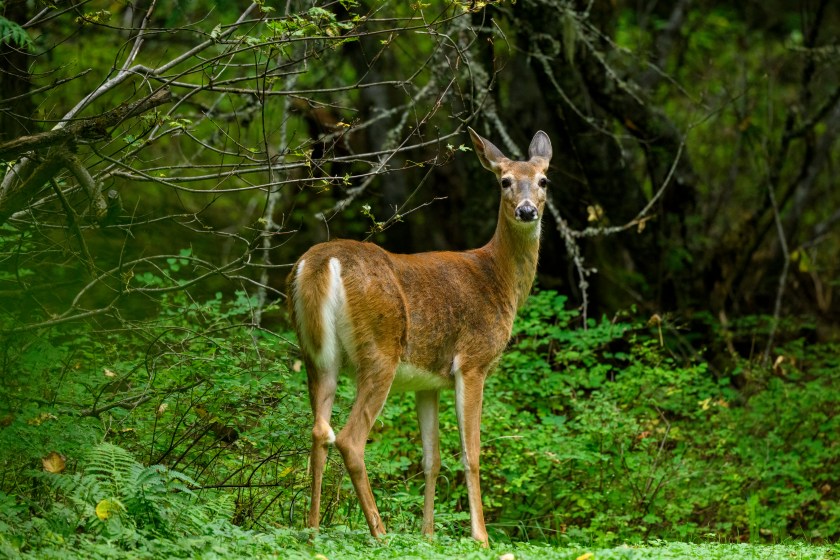
Getty Images, Christopher Hall
The Michigan Department of Natural Resources (DNR) has listed two antlerless deer firearm seasons for 2023. The early antlerless season ran for only two days, September 16 and 17. Luckily, the late doe season is quite a bit longer, running from December 12, 2022, through January 1, 2023, overlapping with the archery season, which starts December 1 and ends January 1, 2023.
These dates means you could technically harvest the first deer of 2023 on 2022 tags if you want to cut your hunt close. And, if you have a deer combo license, you could potentially harvest two antlerless deer on two kill tags.
Michigan defines an antlerless deer as an animal that has no antlers, or one that has antlers that extend less than three inches above the skull. That means that button bucks and smaller spikes are technically legal during this season. Make sure you brush up on your button buck identification if you're strictly targeting does.
There are two catches to Michigan's late doe season. One is that the DNR has decided to limit it to southern Michigan only. Upper Peninsula hunters do not have a late doe season likely due to lower deer numbers in the Upper Peninsula. In addition to not being open statewide, this season is also only open on private lands and DNR explicitly states in their Hunting Digest that hunters "must have permission from the landowner or leaseholder before hunting on private land."
Hunting Licenses and Other Hunting Regulations
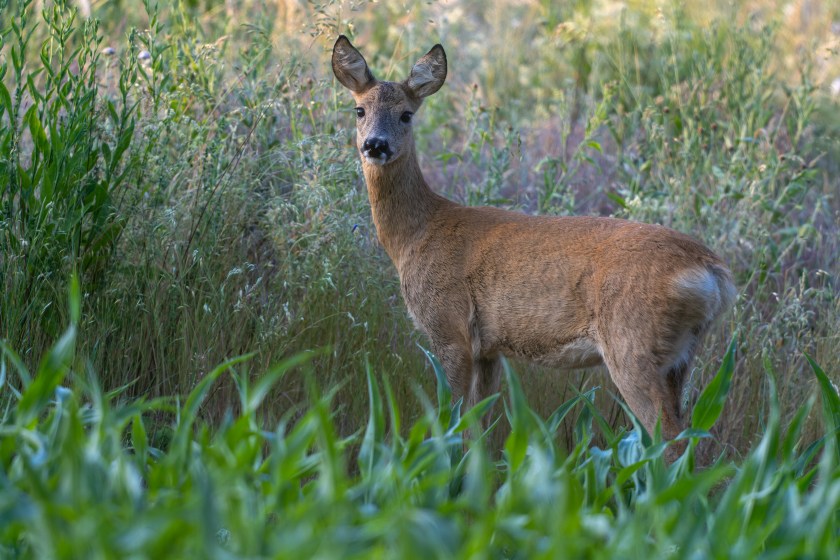
Getty Images, Andyworks
If you've already purchased a Michigan universal antlerless deer license or a deer combo license, you are good to go for Michigan's late season doe hunt. Hunters also have the option of using a deer management assistance permit, or a mentored youth license. Non-resident hunters can also hunt this season.
Michigan deer hunters are allowed one deer per tag. The deer combo license gives hunters two tags, meaning you could harvest two deer with one license. And, while you can only harvest one buck, Michigan allows hunters to harvest multiple antlerless deer provided they have separate licenses for each antlerless deer harvested.
Other regulations on the late doe season are the same as the regular firearms season. Hunters are required to wear hunter orange while hunting and have landowners' permission to hunt on private land. Hunters must adhere to firearms restrictions of the different hunting zones. If you're hunting in the restricted firearms zone 3 (southern Michigan), you'll need to use a shotgun, muzzleloader, or straight-wall cartridge rifle only. Finally, don't forget to report any harvested deer to the DNR. They made reporting deer harvests mandatory starting this season.
READ MORE: How Long Is Deer Meat Good in the Freezer?
